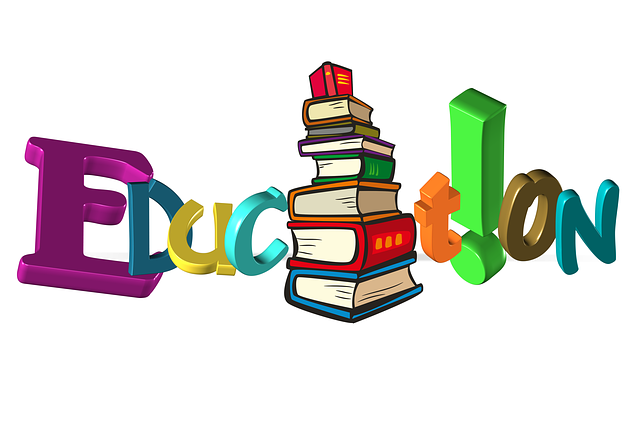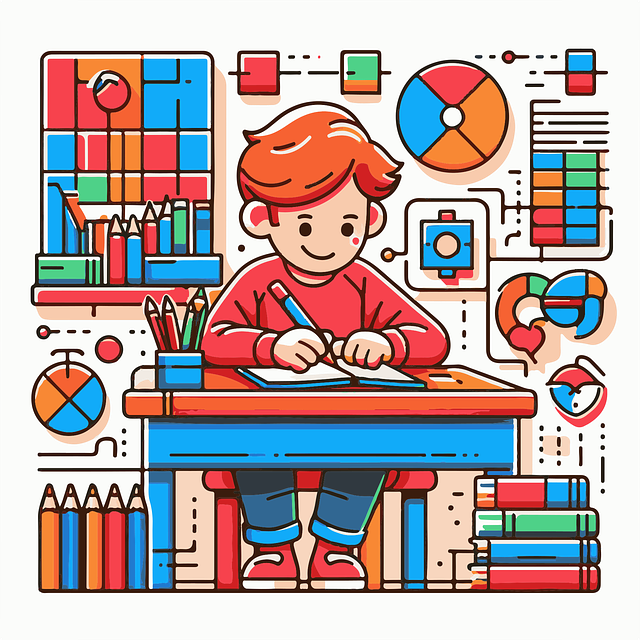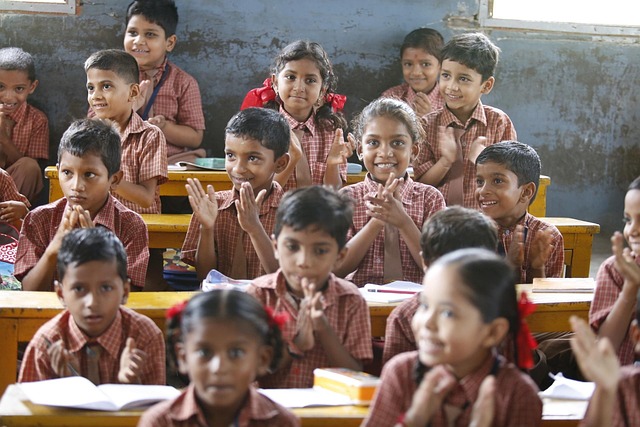Karachi, Pakistan's economic hub, has led the way in remote learning innovation during the digital age. The city's diverse population and technological advancements prompted a shift towards accessible, flexible education solutions. Early frameworks evolved with creative tactics like downloadable content for offline use. Today, Karachi's educational institutions leverage high-speed internet, AI-driven platforms (like adaptive learning), and video conferencing tools to revolutionize knowledge conveyance globally. Future trends include VR and AI integration, promising immersive, personalized experiences that blur traditional classroom boundaries.
The evolution of remote learning frameworks has transformed education, especially in light of recent global shifts. This article explores the historical rise of remote learning, highlighting Karachi’s pivotal role in shaping digital education platforms. From early frameworks grappling with challenges and innovations, to modern technologies enhancing the remote learning experience, we delve into adaptive learning and personalized education. Additionally, we gaze into future trends, including virtual reality and beyond, to understand where this dynamic field is headed next, especially with Karachi as a notable center of innovation.
- The Rise of Remote Learning: A Historical Perspective
- Karachi's Role in Shaping Digital Education Platforms
- Early Frameworks: Challenges and Innovations
- Modern Technologies: Enhancing the Remote Learning Experience
- Adaptive Learning and Personalized Education
- Future Trends: Virtual Reality and Beyond
The Rise of Remote Learning: A Historical Perspective

In the digital age, remote learning has emerged as a transformative force, reshaping traditional education paradigms. This evolution traces back to the early days when Karachi, a bustling metropolis in Pakistan, witnessed the birth of innovative educational models. The need for accessible and flexible learning solutions gained traction due to the city’s diverse population and the challenges posed by geographical dispersions. As technology advanced, so did the tools for remote instruction; video conferencing software, online platforms, and digital content became the new landscape for educators and students alike.
The rise of remote learning can be attributed to a confluence of factors: technological breakthroughs, changing social dynamics, and the recognition of its benefits. Karachi, with its vibrant academic community, played a pivotal role in this shift, pioneering methods that are now globally embraced. This historical perspective highlights how remote education has evolved from a niche concept to a mainstream educational approach, revolutionizing the way knowledge is conveyed and absorbed.
Karachi's Role in Shaping Digital Education Platforms

Karachi, as Pakistan’s economic powerhouse and a bustling metropolis, has played a pivotal role in shaping digital education platforms across the country. The city’s vibrant tech scene and increasing internet penetration have been instrumental in fostering innovation in online learning. Early adopters and educational institutions in Karachi recognized the potential of digital tools to enhance traditional teaching methods, leading to the development of robust e-learning frameworks.
The unique blend of advanced technology infrastructure and a forward-thinking education community in Karachi has resulted in cutting-edge digital education platforms. These platforms leverage interactive content, video conferencing, and adaptive learning algorithms to cater to diverse student needs. The success of these initiatives has not only improved access to quality education but also inspired similar innovations in other regions, solidifying Karachi’s influence in the evolution of remote learning frameworks.
Early Frameworks: Challenges and Innovations

Early remote learning frameworks faced significant challenges, particularly in a city like Karachi, where digital infrastructure was still developing. Limited internet connectivity and a lack of access to technology created barriers for many students. However, innovations emerged to overcome these hurdles. For instance, early platforms relied heavily on downloadable content and offline accessibility, ensuring learners could study without constant online connections. This shift addressed the digital divide, making education more inclusive.
Additionally, instructors in Karachi adapted by incorporating interactive elements into their lessons. They used video conferencing tools for live sessions, integrated multimedia resources to enhance engagement, and encouraged peer-to-peer learning through virtual discussion forums. These adaptations not only improved the quality of remote education but also prepared educators for a future where technology would play an increasingly central role in teaching and learning processes.
Modern Technologies: Enhancing the Remote Learning Experience

In today’s digital era, modern technologies are revolutionizing the landscape of remote learning frameworks in Karachi and beyond. High-speed internet connections and sophisticated software applications have enabled educators to create dynamic and interactive online learning environments that were once unimaginable. Video conferencing tools like Zoom allow for real-time interaction between instructors and students, fostering a sense of community even when physically apart. Adaptive learning platforms, such as those powered by AI, personalize the educational experience, catering to each student’s unique needs and learning styles.
These technological advancements have significantly enhanced the remote learning experience in Karachi, making education more accessible and effective for diverse learner populations. From virtual classrooms to gamified learning modules, these innovations are transforming traditional teaching methods. As a result, students can now engage with educational content in flexible and engaging ways, ultimately improving knowledge retention and academic outcomes.
Adaptive Learning and Personalized Education

In the digital age, adaptive learning has emerged as a transformative force in education, particularly in urban centers like Karachi. This innovative approach tailors instruction to individual student needs by leveraging data-driven insights and sophisticated algorithms. Each learner’s unique progress and learning style are recognized, enabling personalized educational paths that optimize engagement and outcomes.
By adapting content delivery, pace, and method based on real-time performance feedback, adaptive learning systems ensure students receive targeted support where needed. This highly customized environment fosters deeper understanding and empowers educators in Karachi to facilitate more effective learning experiences for diverse student bodies, marking a significant evolution in remote learning frameworks.
Future Trends: Virtual Reality and Beyond

As technology continues to advance, the future of remote learning looks set to be transformed by innovative tools such as virtual reality (VR). In Karachi, and across the globe, educational institutions are exploring VR’s potential to create immersive learning experiences that go beyond traditional online classrooms. Students could virtually step into historical sites, conduct experiments in simulated labs, or participate in realistic role-playing scenarios, blurring the lines between physical and digital education.
Beyond VR, artificial intelligence (AI) is expected to play a pivotal role in personalizing learning paths, adapting content to individual student needs, and providing intelligent feedback. These trends signal a future where remote learning becomes even more engaging, accessible, and effective, potentially reshaping education not just in Karachi but worldwide.
The evolution of remote learning frameworks, as seen in Karachi’s pioneering role and the subsequent surge of digital education platforms, is a testament to our ability to adapt and innovate in response to changing educational landscapes. From early challenges to modern technologies like virtual reality, each stage has enhanced the remote learning experience, fostering adaptive and personalized education. As we look ahead, these trends promise to revolutionize learning once again, ensuring accessible, engaging, and effective educational opportunities for all.
